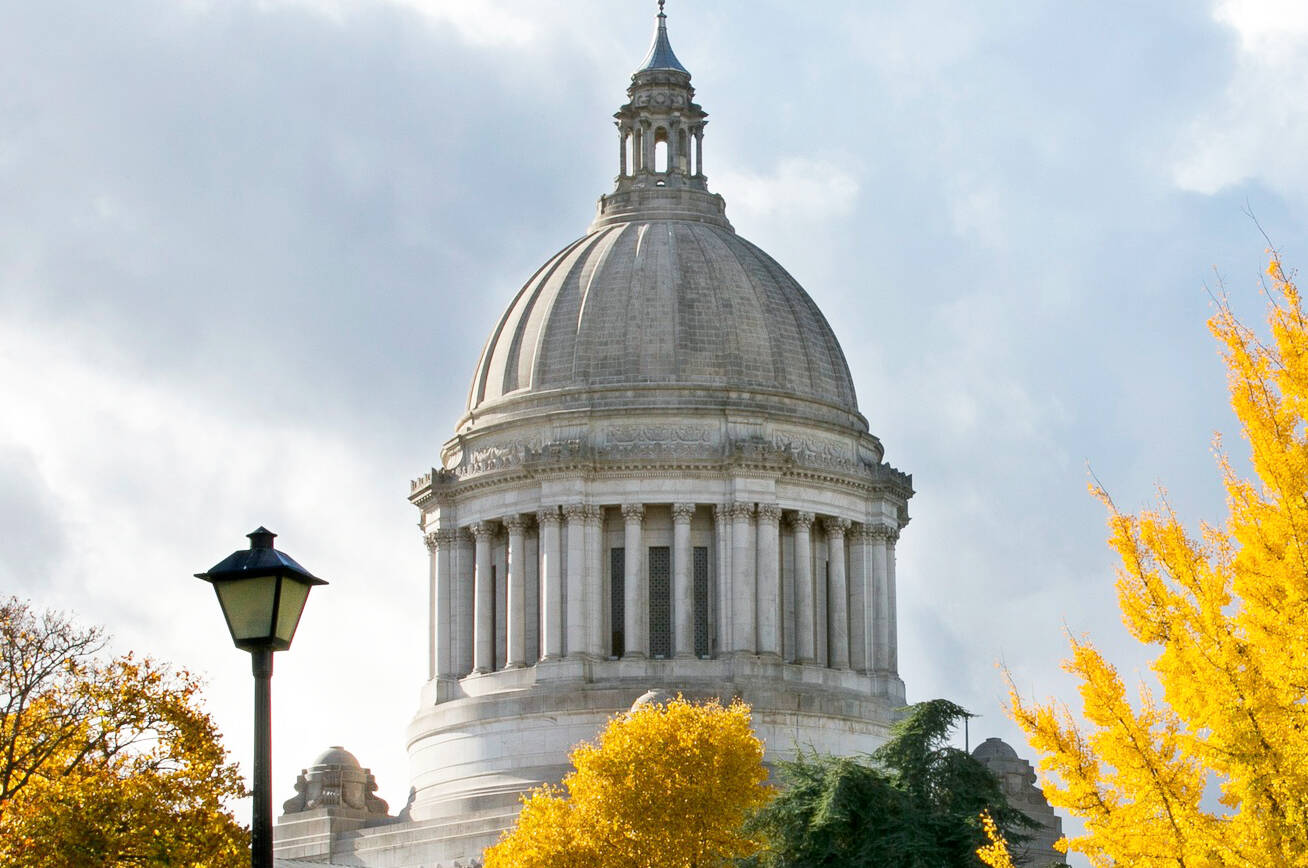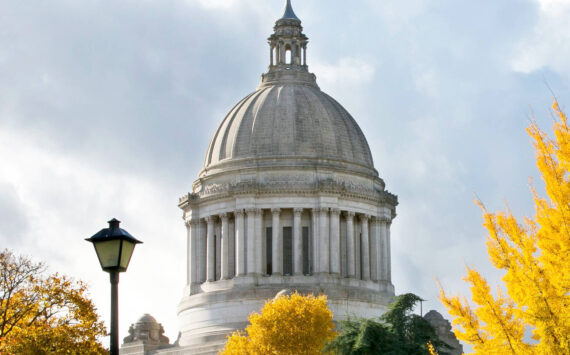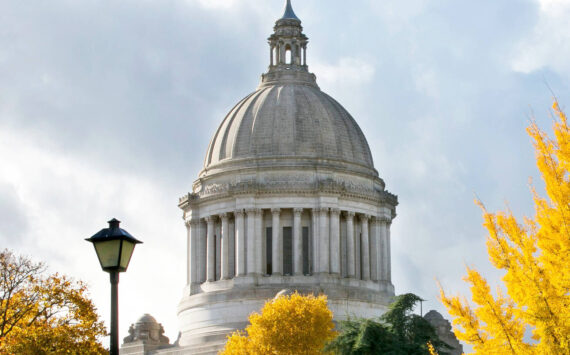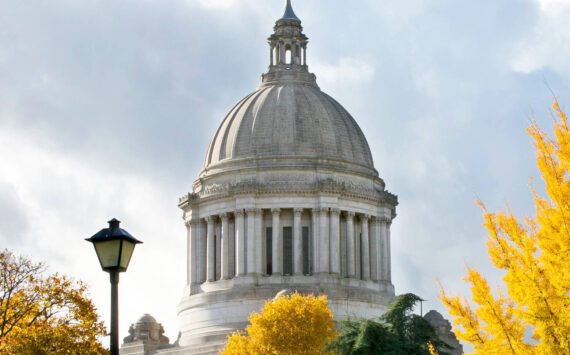Democratic state lawmakers dropped their bid April 21 to repeal a voter-approved limit on property tax growth in Washington, excising one of the most controversial revenue-raising ideas they’ve pursued in this year’s legislative session.
The proposal, embedded in House Bill 2049, sought to allow an increase in the growth factor from the current 1% cap to as much as 3%. It would have applied to a state levy that supports schools, and for cities and counties, as well as special purpose districts.
But Rep. Steve Bergquist, D-Renton, the bill’s sponsor, penned an amendment removing sections on the growth limit. The House was expected to adopt the change and pass the bill April 21, then send it to the Senate for consideration.
Opposition from Gov. Bob Ferguson led Democratic leaders in the House and Senate to abandon the proposal despite strong backing in their caucuses, legislators and local government officials said.
Ferguson met with Democratic leaders April 17. On Monday morning, he declined to discuss his conversation but said shelving the property tax plan was the correct move.
“We have to look at a lot of revenue sources, and I think we need to minimize the impacts on working people in the state,” he said. “So I think they made the right decision.”
This is the second major tax proposal Democratic lawmakers have scrapped after Ferguson weighed in with concerns. Earlier this month, he rejected the idea of a new tax on people with more than $50 million of certain financial assets.
Without the property tax change, House Bill 2049 focuses on education funding and revised guidelines for districts seeking to collect revenue from voter-approved local levies.
From the outset of the session — now just six days from ending — Democrats’ desire to increase the limit has been one of the pillars of the multibillion-dollar tax packages developed in each chamber.
The idea has been fiercely opposed by Republican lawmakers and others who warned the measure would drive up living and housing costs.
“It’s a great start. There’s still a lot left in their budget that taxes regular Washingtonians,” said House Minority Leader Drew Stokesbary, R-Auburn.
Senate Minority Leader John Braun, R-Centralia, said, “If it’s gone, I am very pleased.”
Democrats “didn’t seem to be listening” to residents’ concerns, he said. “Now it sounds like they are listening and are taking it off the table.”
For city and county leaders, the decision marked the latest setback in what has become an annual rite since the cap was imposed in 2001 following passage of Initiative 747.
Under state law, property tax revenue can only increase by 1% a year, plus the value of new construction, without voter approval.
This means if a county collects $1 million in taxes from owners of property in its boundaries this year, it would be able to increase it by 1%, or $10,000, the next year. That sum would be spread among all property owners. Under the bill, the limit would have climbed to 3%. Using the $1 million example, a local government’s collection could rise by as much as $30,000.
City and county leaders argue the 1% limit is starving their budgets of enough money to adequately fund public safety, criminal justice, public works and other services. It has forced them to turn to cuts or other taxes and fees to make ends meet.
“This was the first year I thought we had a real chance,” said Derek Young, interim director of the Washington Association of Counties. “After two decades, it is frustrating that we have to start over again.”
A fiscal analysis projected that uncapping the tax could potentially bring in an additional $236 million in the next budget cycle for Washington’s 39 counties and 281 cities. That assumed elected leaders in those communities chose to use the higher limit.
In many counties, the judicial system is under the most strain due largely to a lack of public defenders. This has led to individuals accused of crimes having charges dropped and to lawsuits on behalf of people who waited weeks to get an attorney assigned to their case. The shortage of lawyers could deepen if the state Supreme Court agrees to reduce caseloads of public defenders.
“While the governor talks about improving public safety, this is going to actually make it worse,” Young said, referring to the dropped tax proposal. “The whole system will continue to erode and more violent criminals will not be able to get through the system.”
Candice Bock, government relations director for the Association of Washington Cities, said city leaders “were very disappointed” and would need to “regroup” on this issue ahead of the 2026 session.
On April 18, as word spread of the Democrats’ pending retreat, each association sent letters to the governor with a final pitch.
“We’re at a tipping point,” Bock wrote. “Without a change, local governments cannot sustain public safety and other services to keep up with our residents’ needs.”
Washington State Standard is part of States Newsroom, a nonprofit news network supported by grants and a coalition of donors as a 501c(3) public charity. Washington State Standard maintains editorial independence. Contact Editor Bill Lucia for questions: info@washingtonstatestandard.com. Follow Washington State Standard on Facebook and Twitter.





